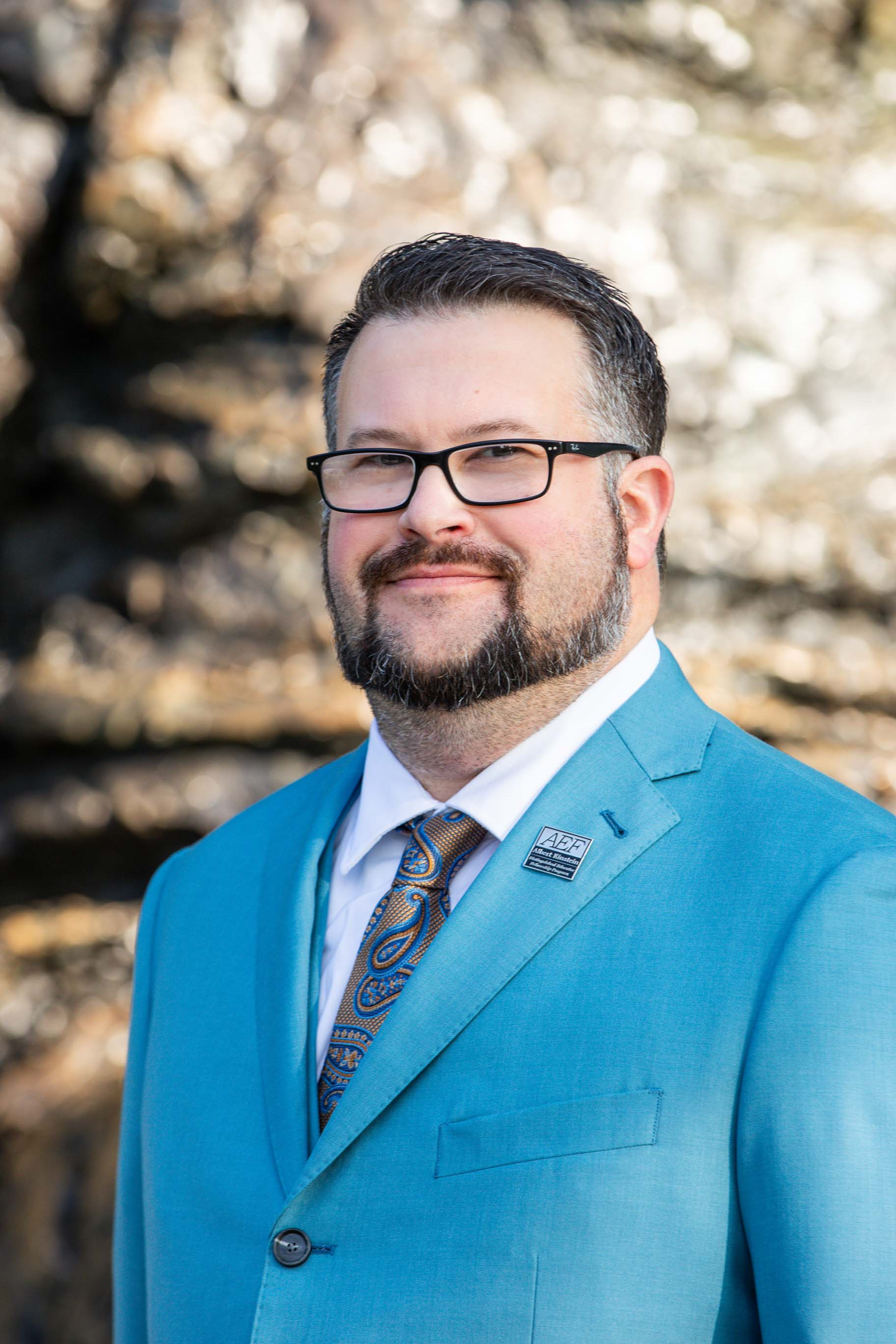Nathan Diehl

Nathan Diehl
Fellowship Placement: U.S. Department of Defense
Hometown: Boyds, MD
Nathan Diehl has over twenty years of teaching experience, most recently teaching grades 9-12 at Walter Johnson High School in Bethesda, MD. The past four years he taught Biology, AP Environmental Science, and Co-Taught a Self-Contained Biology class. Prior to this most recent position, he taught 7th grade IB MYP Science at Silver Spring International Middle School in Silver Spring, MD. He is a recent transplant from Florida, where he taught at Osceola High School in Kissimmee, FL and Cypress Creek High School in Orlando, FL. During the fourteen Florida years, Mr. Diehl taught Biology, AP Biology, IB Environmental, AP Environmental, Integrated Science, Physical Science, Biology, Genetics and Science Research. Nathan Diehl holds a Bachelor of Science in Science Education from Florida State University and a Master’s in Education from the University of Central Florida. During his time teaching he has earned and renewed his National Board Certification in Young Adult/Adolescent Science since 2011. He has received numerous grants and fellowships including the Top Program Award from Walt Disney World and the Environmental Education Award from Florida Association of Water Quality. Nathan has been a facilitator of district-wide training, weeklong workshops and was a Science Ambassador for the Orlando Science Center. He has presented numerous sessions at NSTA National Conferences, is a College Board AP Reader and item writer for the National Board for Professional Teaching Standards. However, Nathan is most proud of his students; some who have maintained in contact for the past two decades. Mr. Diehl’s philosophy of teaching and learning is linked to the human brain and its concept of the world around it. He believes you must think, touch and feel science. It must be a part of your daily life and there is always something more to learn. Mr. Diehl’s continues to be involved in STEM policy and programs which encompass and invite more people into the STEM discipline. His interests include embracing Indigenous Knowledge, the power of Informal Science education, and the leveraging of technologies such as robotics and AI to solve complex scientific and social problems.


